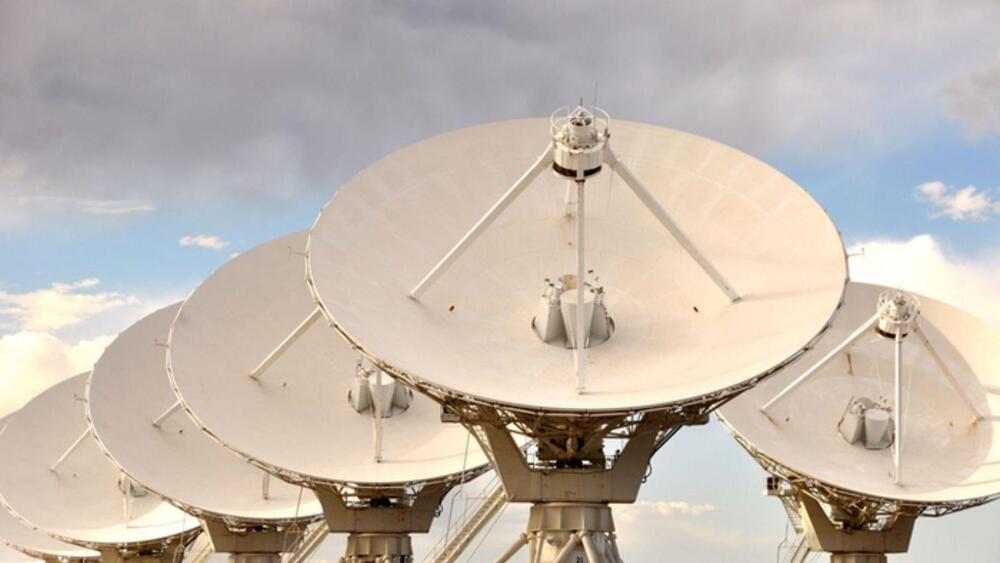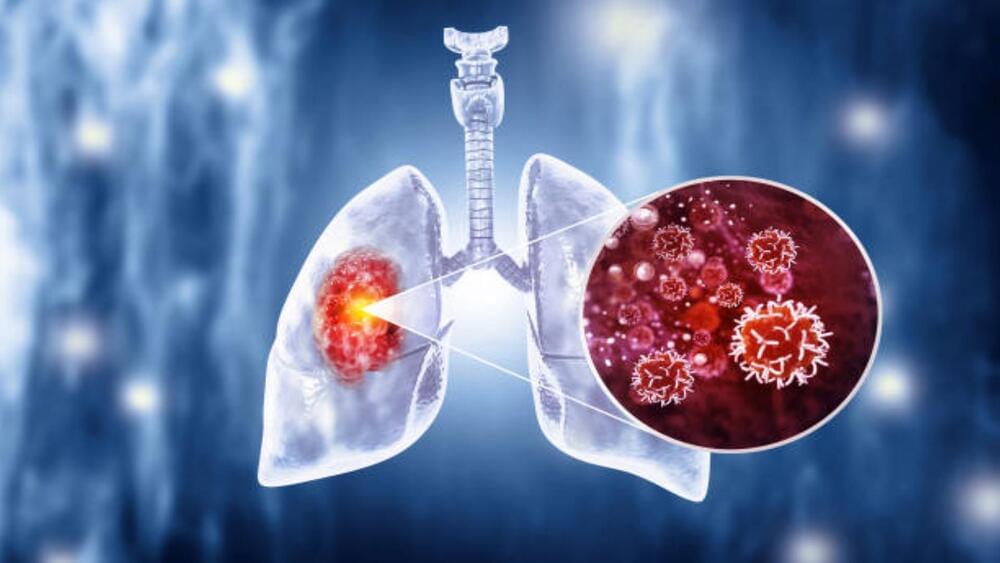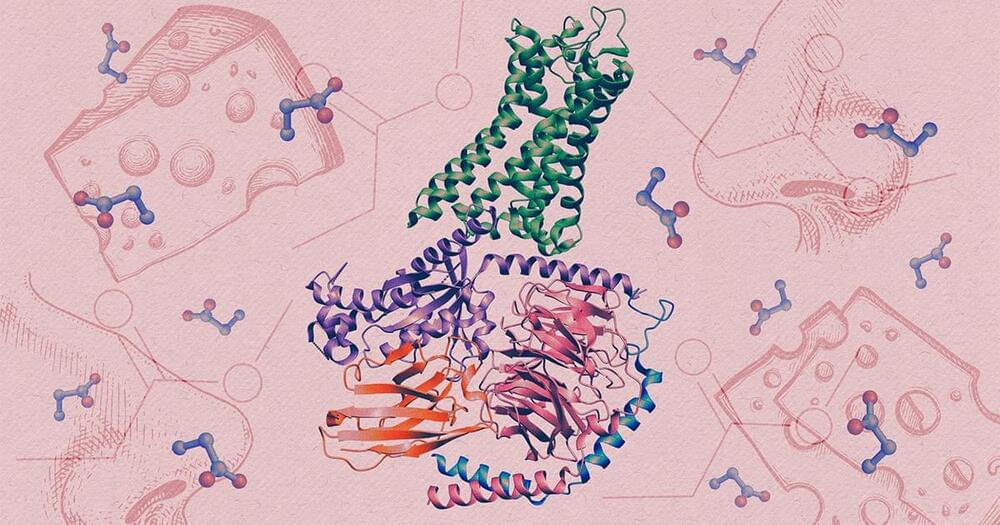Karl G. Jansky Very Large Array telescope’s data will now help scientists hunt for technosignatures.
The hunt for alien life will get a shot in the arm with one of the world’s most powerful radio telescope arrays joining the mission, situated about 50 miles west of Socorro, New Mexico.
The National Science Foundation’s Karl G. Jansky Very Large Array (VLA) will now help gather the information that enables researchers to analyze emissions that only artificial transmitters make, which signals the existence of an advanced civilization far beyond.









